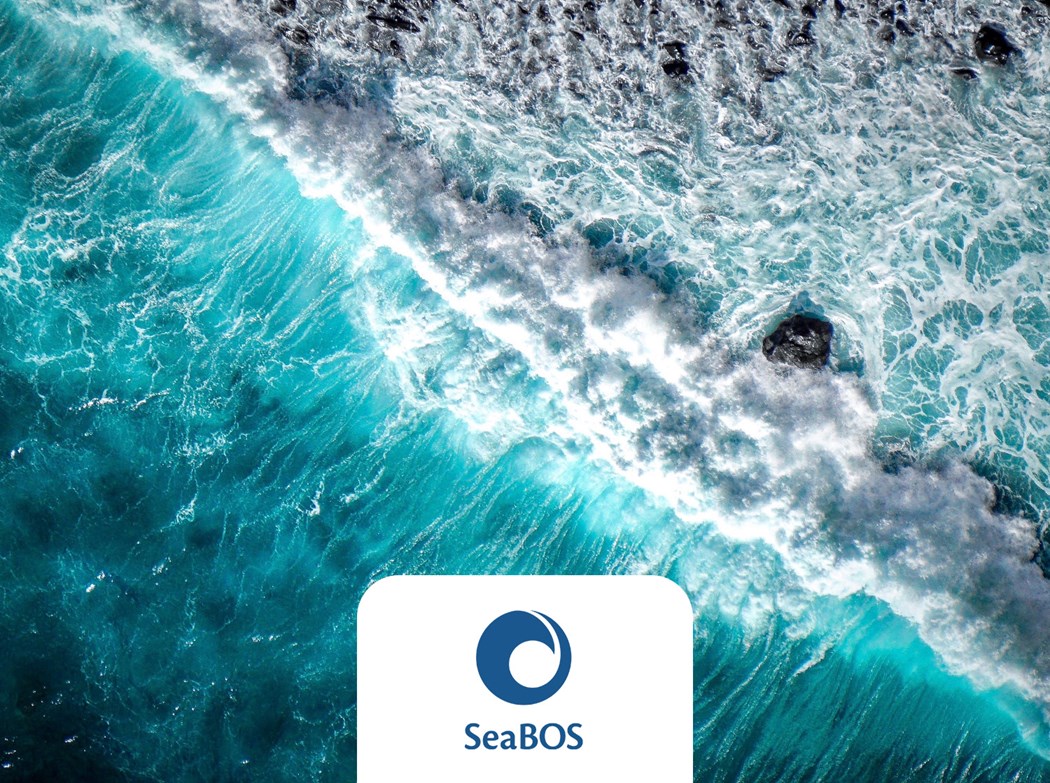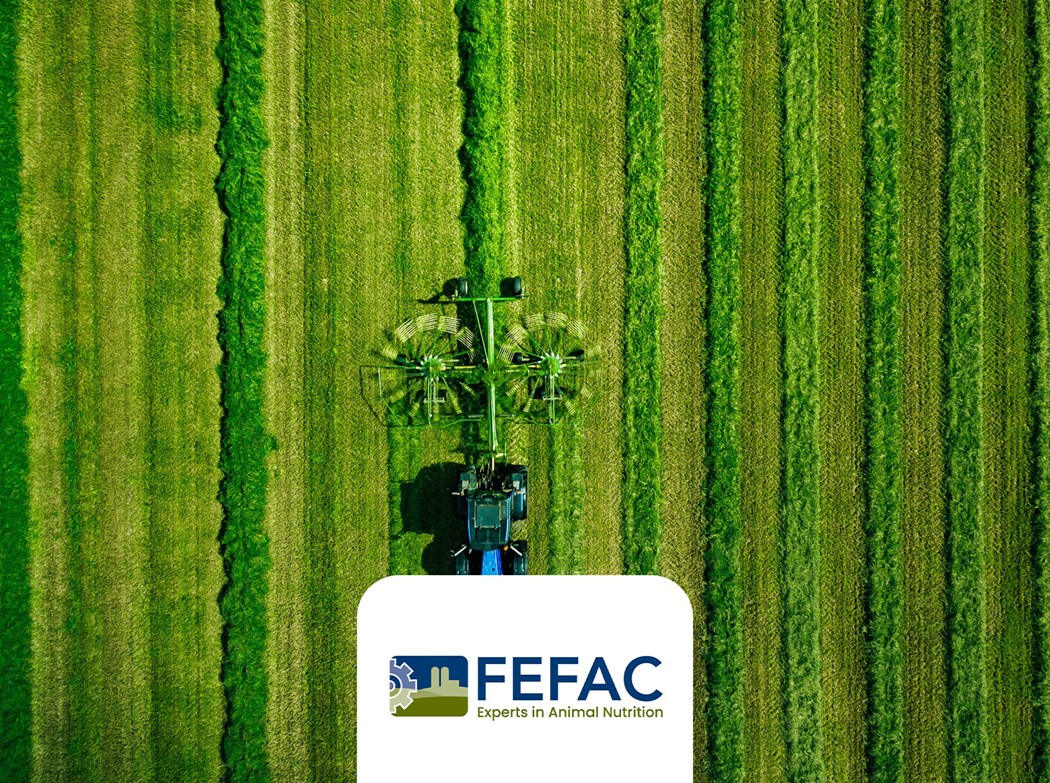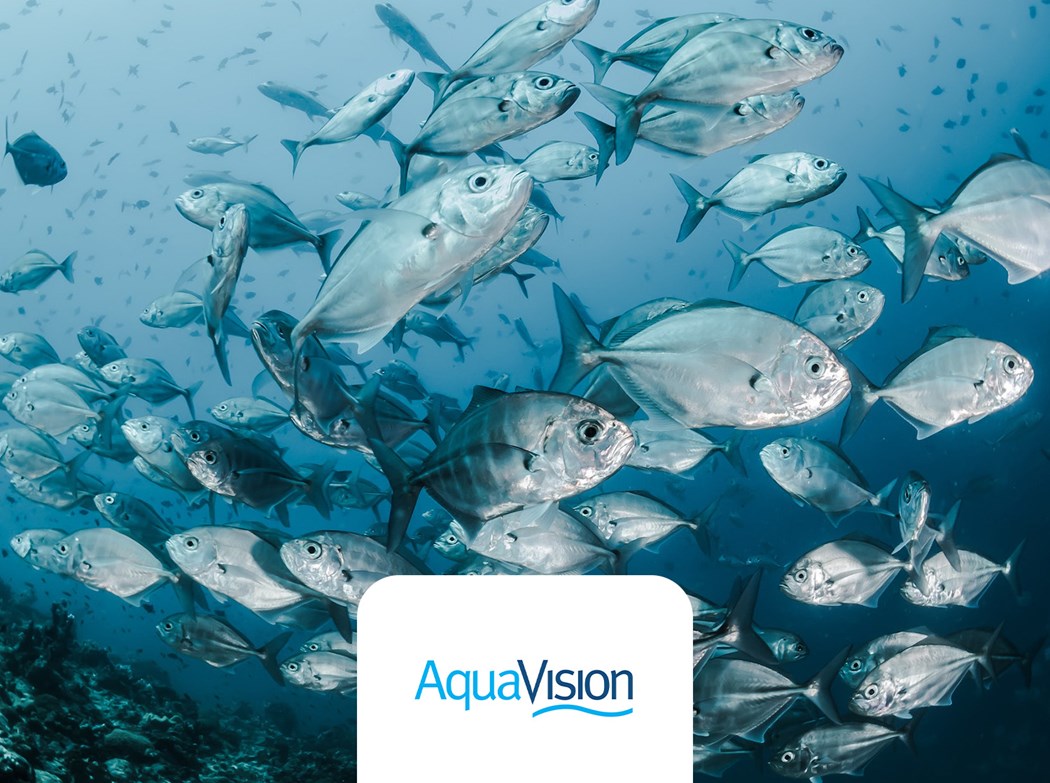
SeaBOS
Seafood Business for Ocean Stewardship (SeaBOS) is a science-industry initiative founded in 2016. It brings together ten of the world’s largest seafood companies to collaborate with leading scientists to implement a joint vision to support more sustainable seafood production and improved ocean health. The initiative connects capture fisheries with feed producers and aquaculture businesses across Asia, Europe and North America.
Pre-competitive collaboration is at the heart of SeaBOS. Spanning cultural and geographical boundaries, its aim is to develop science-based solutions to address key challenges and provide leadership, guidance, stewardship and best practices for others to use.

